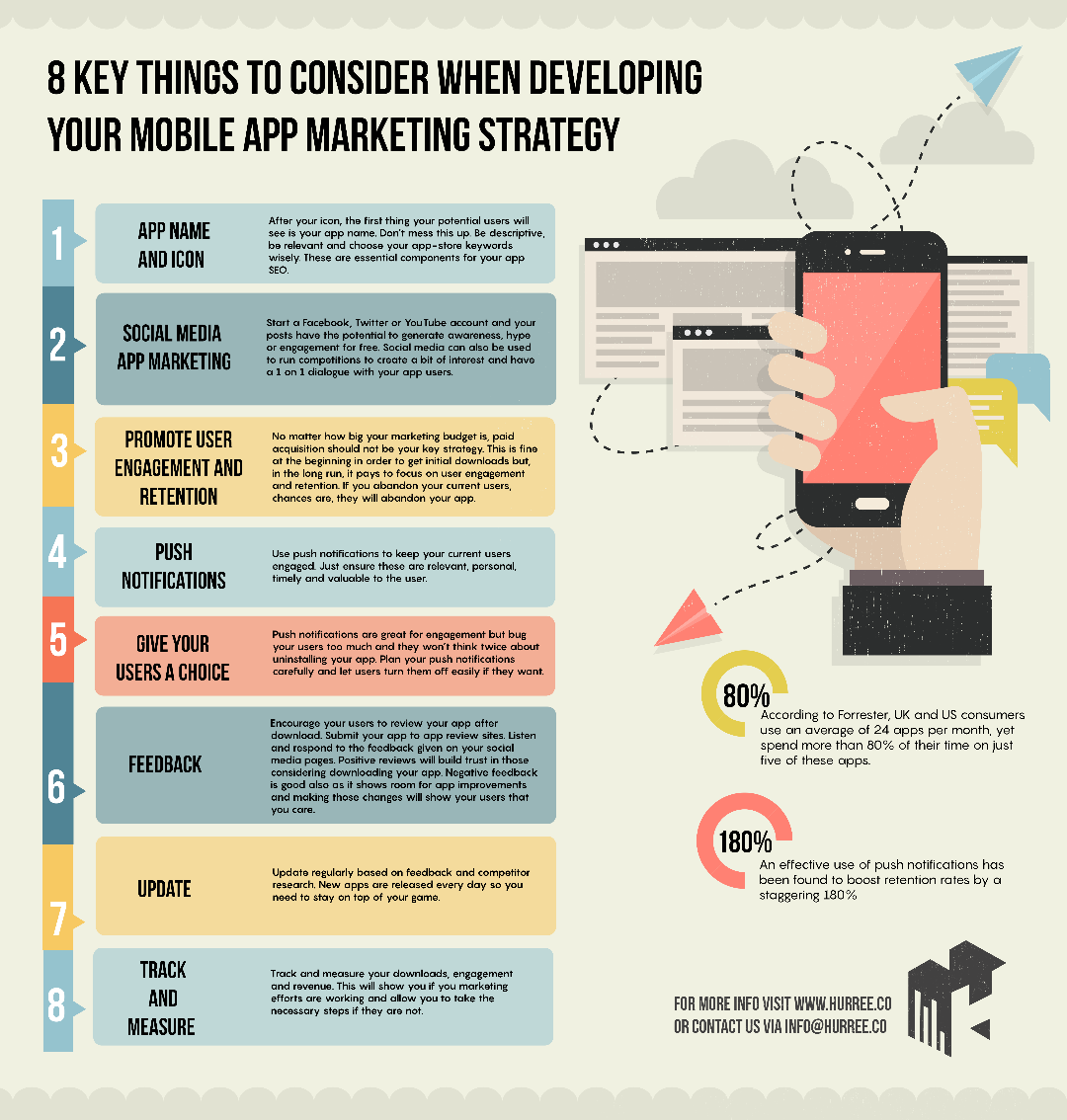Mobile devices have become an integral part of our lives, with more people accessing the internet through their smartphones than ever before. This shift in consumer behavior has made mobile marketing crucial for businesses to stay competitive and reach their target audience effectively. Ignoring mobile marketing can result in missed opportunities and loss of potential customers.
Understanding Your Audience
The first step to developing a successful mobile marketing strategy is understanding your target audience. Who are they? What are their needs and preferences? Conduct market research to gain insights into your audience’s mobile behavior, such as the devices they use, their preferred apps, and how they interact with mobile ads. This data will help you tailor your mobile marketing efforts to meet their specific needs.
Creating a Mobile-Friendly Website
A responsive and mobile-friendly website is the foundation of any effective mobile marketing strategy. Ensure that your website is optimized for mobile devices, with fast loading times, easy navigation, and a clear call-to-action. Implementing responsive web design will ensure that your site adapts to different screen sizes, providing a seamless experience for your mobile users.
Utilizing Mobile Apps
Mobile apps offer businesses a unique opportunity to engage with their audience and provide a personalized experience. Consider developing a branded mobile app that offers value to your customers, such as exclusive discounts or loyalty rewards. Regularly update your app with new features and content to keep users engaged and encourage them to become repeat customers.
SMS Marketing
Short Message Service (SMS) marketing is an effective way to reach a wide audience instantly. Use SMS to send targeted messages, promotions, and updates to your subscribers. However, it’s essential to obtain the proper consent and provide an opt-out option to comply with privacy regulations. Craft concise and compelling messages to capture attention and encourage recipients to take action.
Location-Based Marketing
Location-based marketing leverages GPS and other technologies to deliver targeted promotions and messages to users based on their physical location. Use geofencing to send relevant offers to users when they are in a specific area or proximity-based notifications to attract customers nearby. This strategy can help drive foot traffic to your brick-and-mortar locations and increase conversions.
Social Media Mobile Advertising
Social media platforms are a powerful tool for mobile marketing. With the majority of social media users accessing platforms through mobile devices, advertising on platforms like Facebook, Instagram, and Twitter can help you reach a large audience. Create engaging mobile ads with compelling visuals and concise messaging to capture users’ attention. Experiment with different targeting options provided by these platforms to refine your reach.
Mobile Video Marketing
Consumers are increasingly engaging with video content on their mobile devices. Incorporating mobile video marketing into your strategy can help you connect with your audience in a visually appealing way. Create short, attention-grabbing videos optimized for mobile viewing, and distribute them through various channels such as social media, mobile apps, and video sharing platforms like YouTube.
Tracking and Analyzing Results
Implement tracking tools and analytics to measure the effectiveness of your mobile marketing efforts. Monitor key metrics such as app downloads, website traffic, conversion rates, and user engagement to identify areas of improvement. Regularly analyze the data and adjust your strategy accordingly to optimize results and maximize return on investment.
Conclusion
With the ever-growing dominance of mobile devices, businesses must embrace mobile marketing strategies to remain competitive and reach their target audience effectively. Understanding your audience, creating a mobile-friendly website, leveraging mobile apps, using SMS and location-based marketing, advertising on social media, incorporating mobile video, and tracking and analyzing results are all crucial components of a successful mobile marketing strategy.
By implementing these strategies and staying up-to-date with mobile marketing trends, businesses can connect with their target audience, drive engagement and conversions, and ultimately achieve their marketing goals in the mobile-first era.
